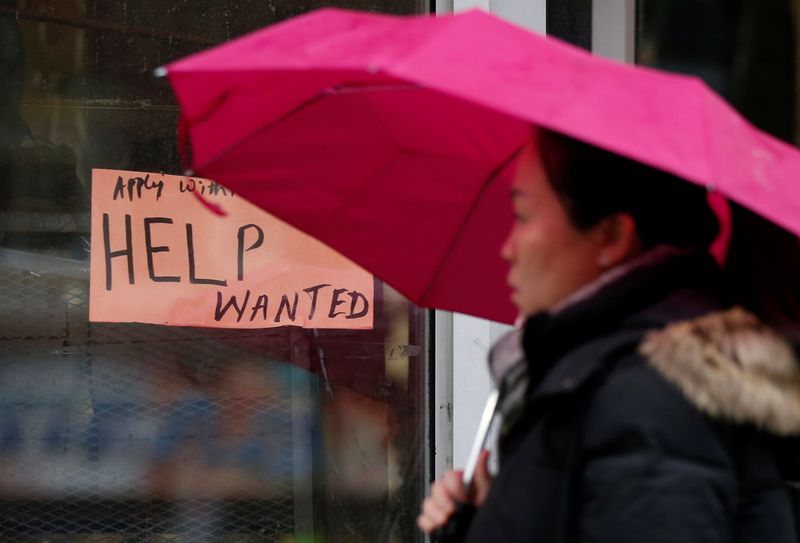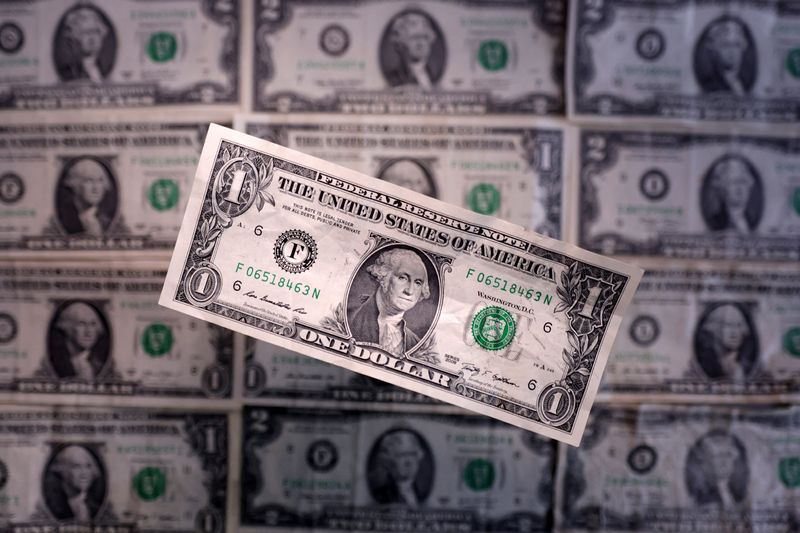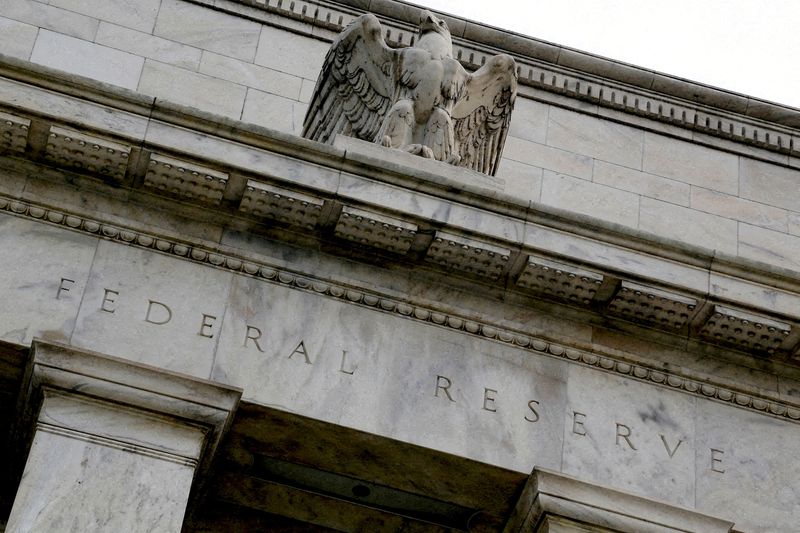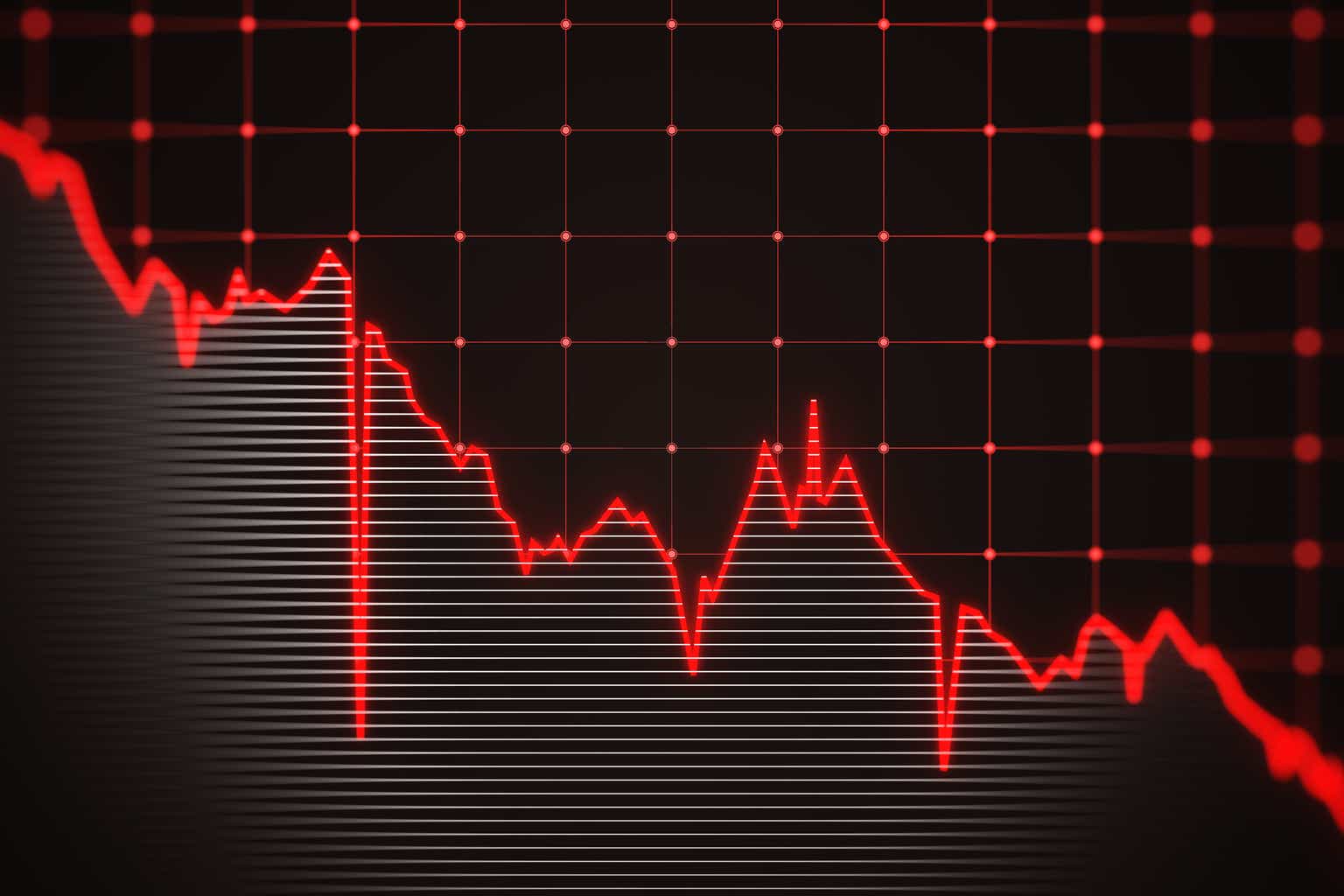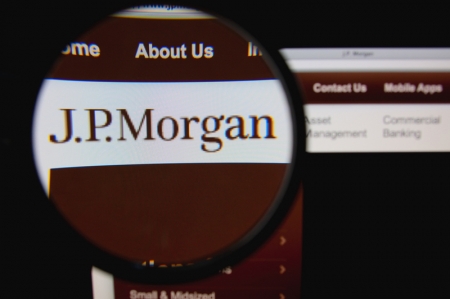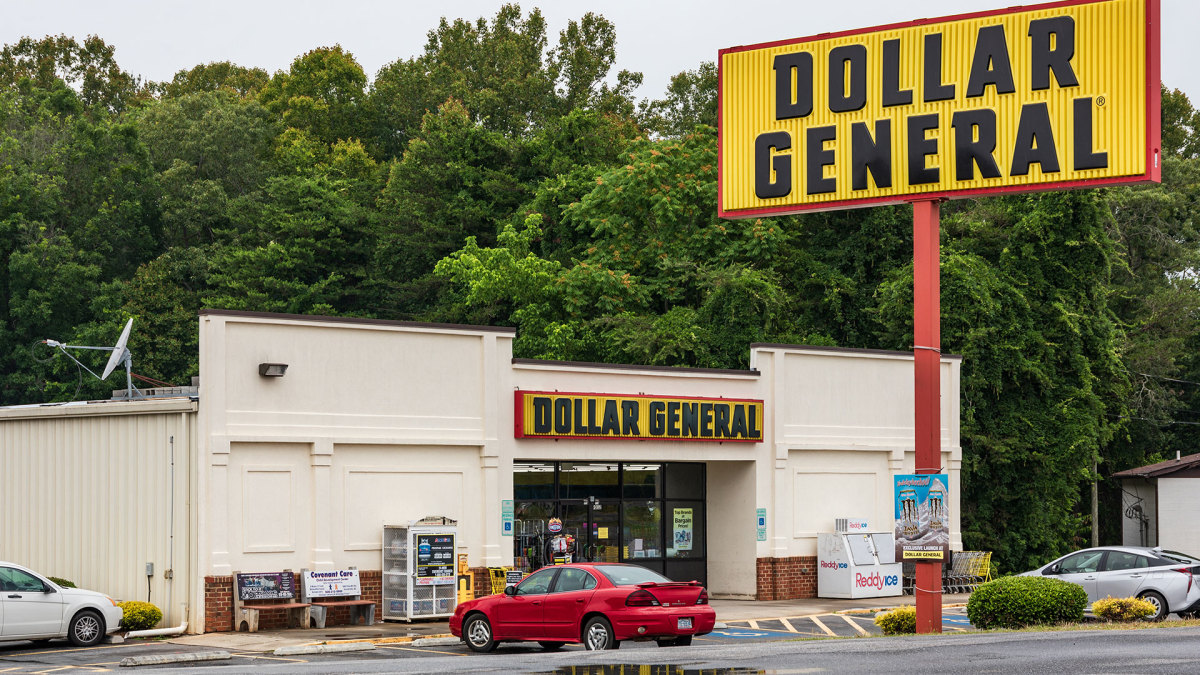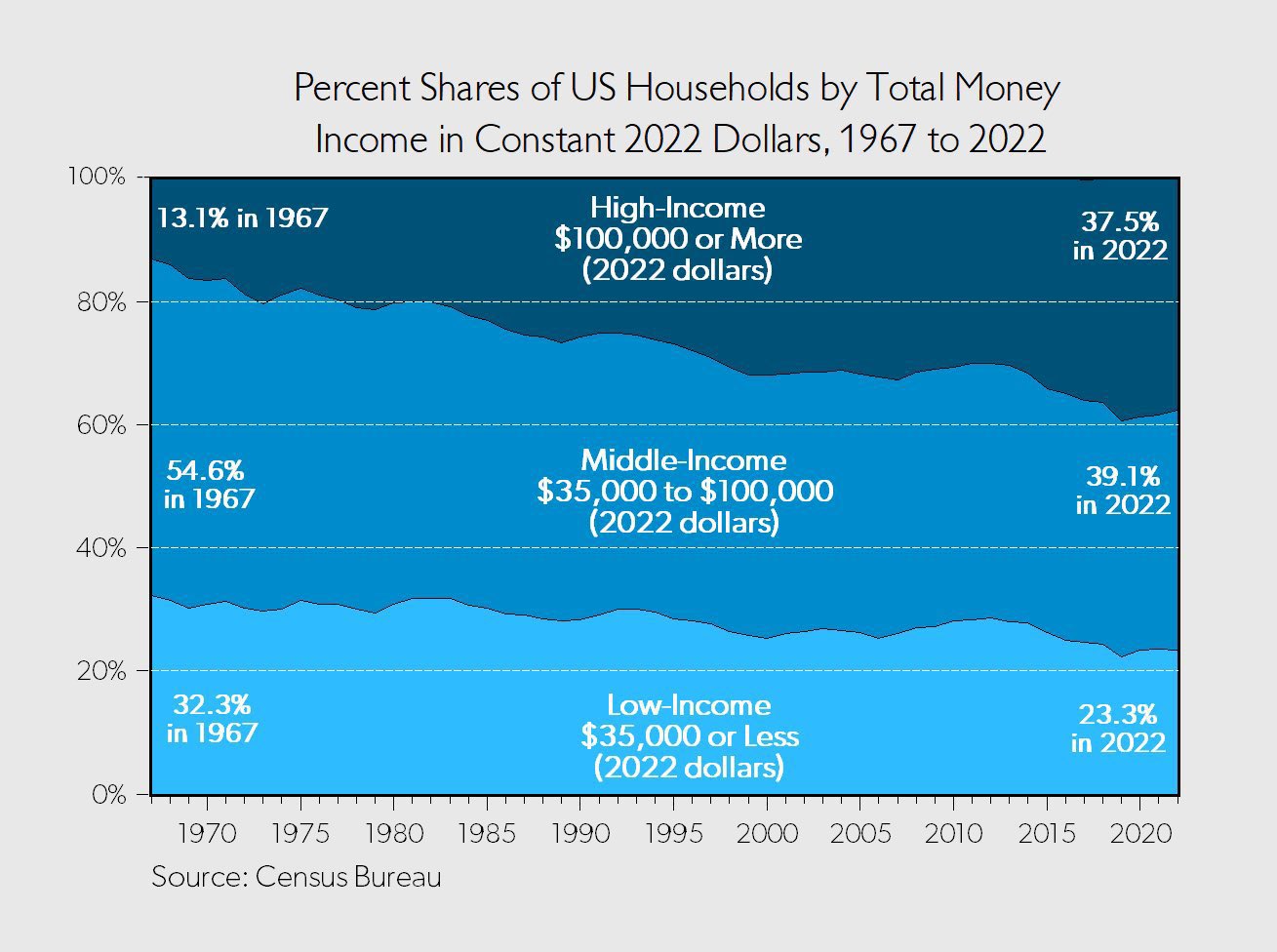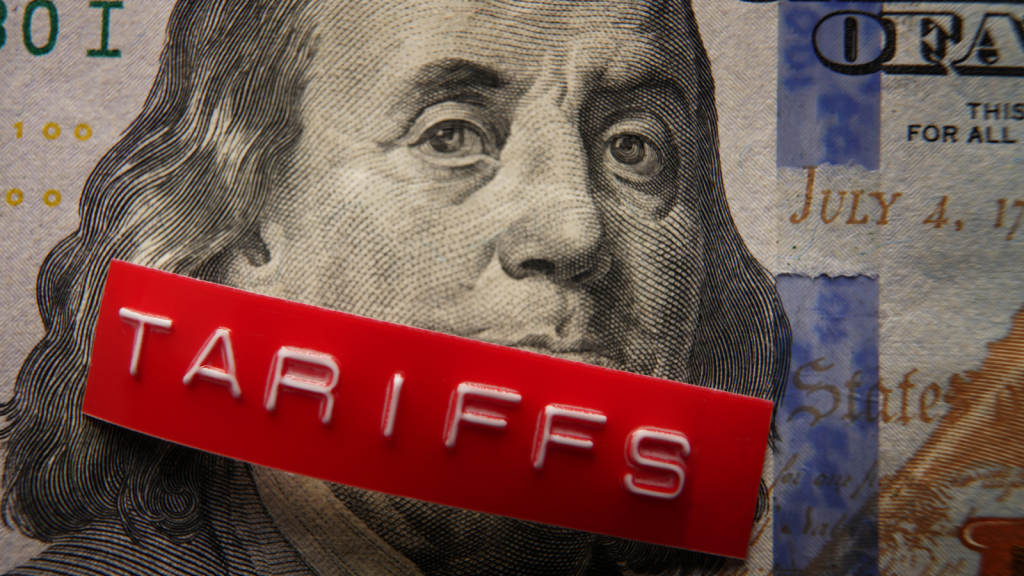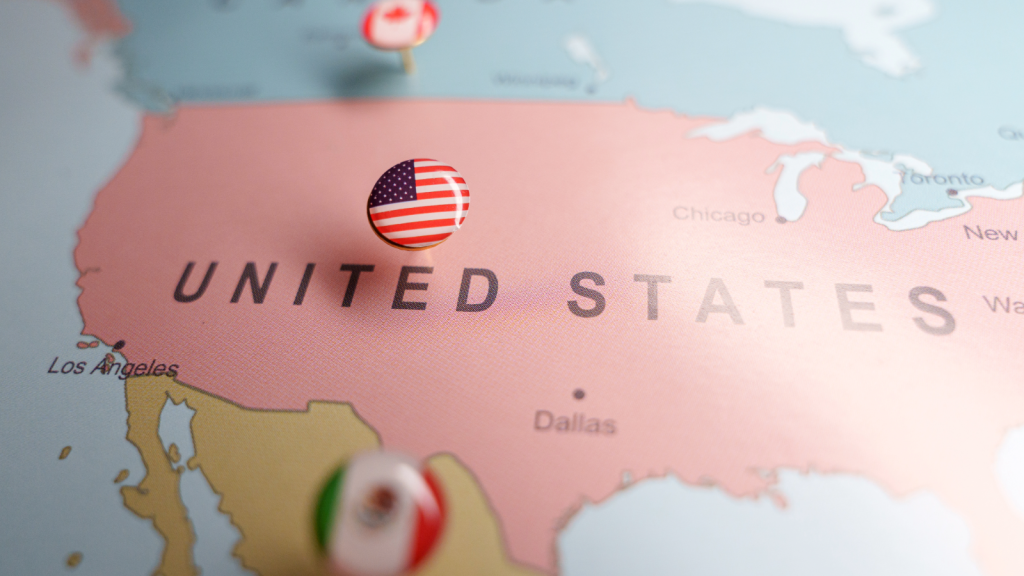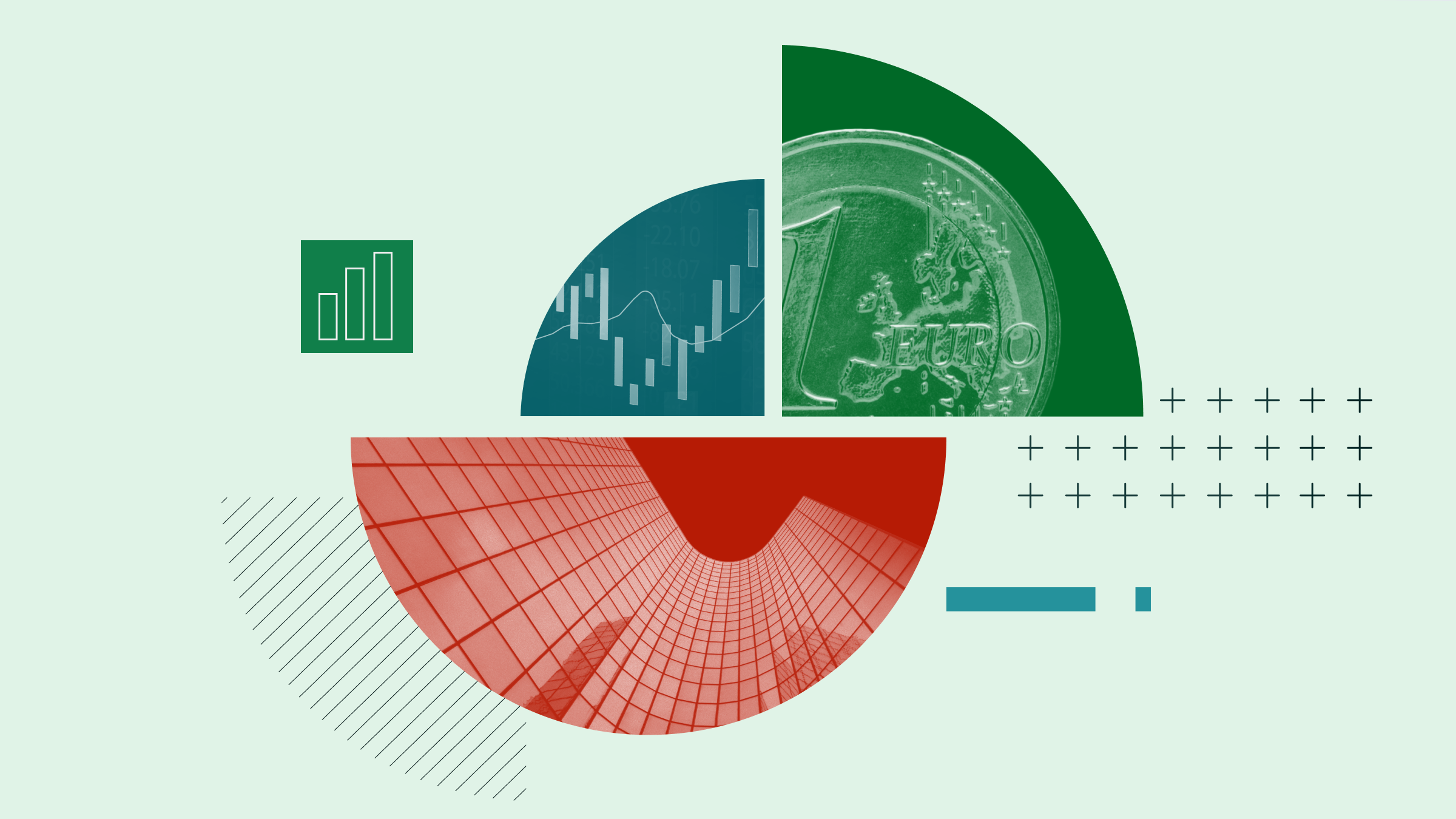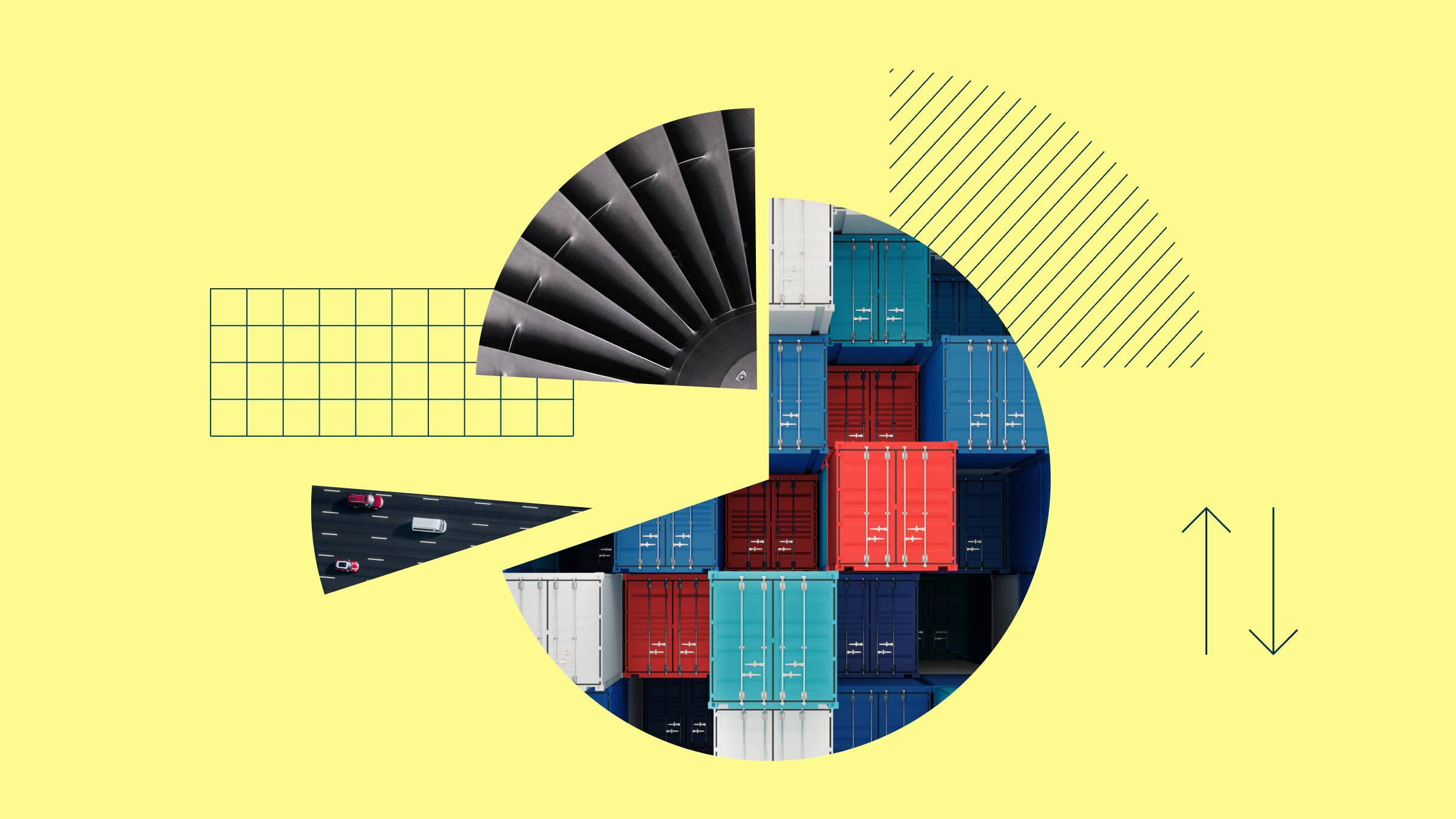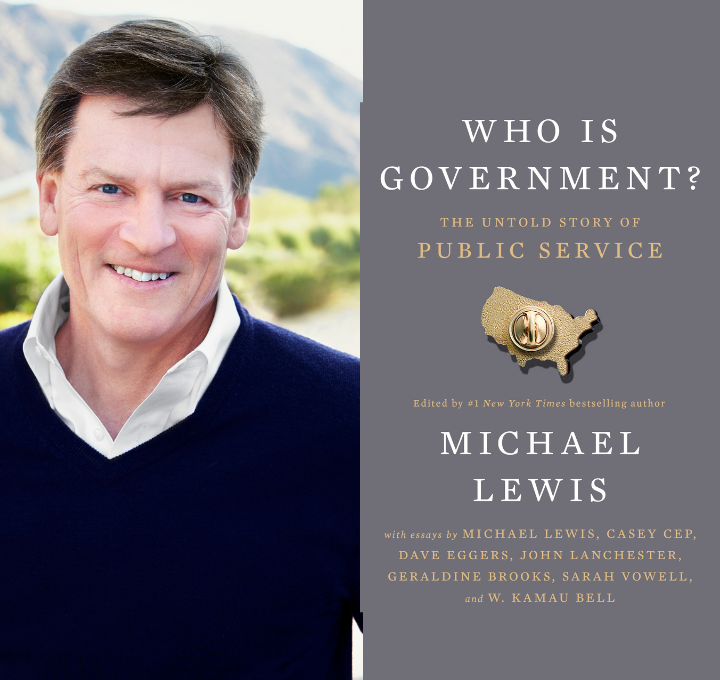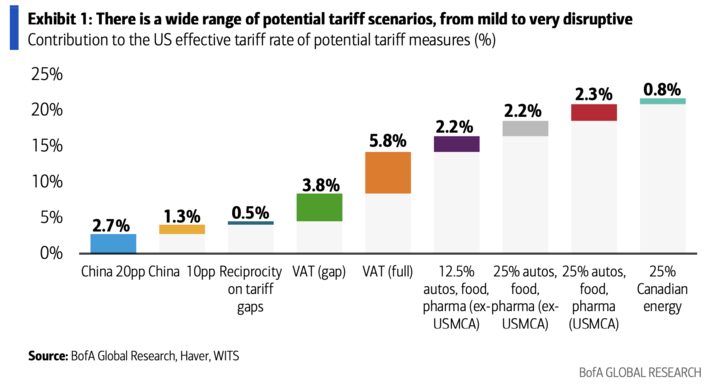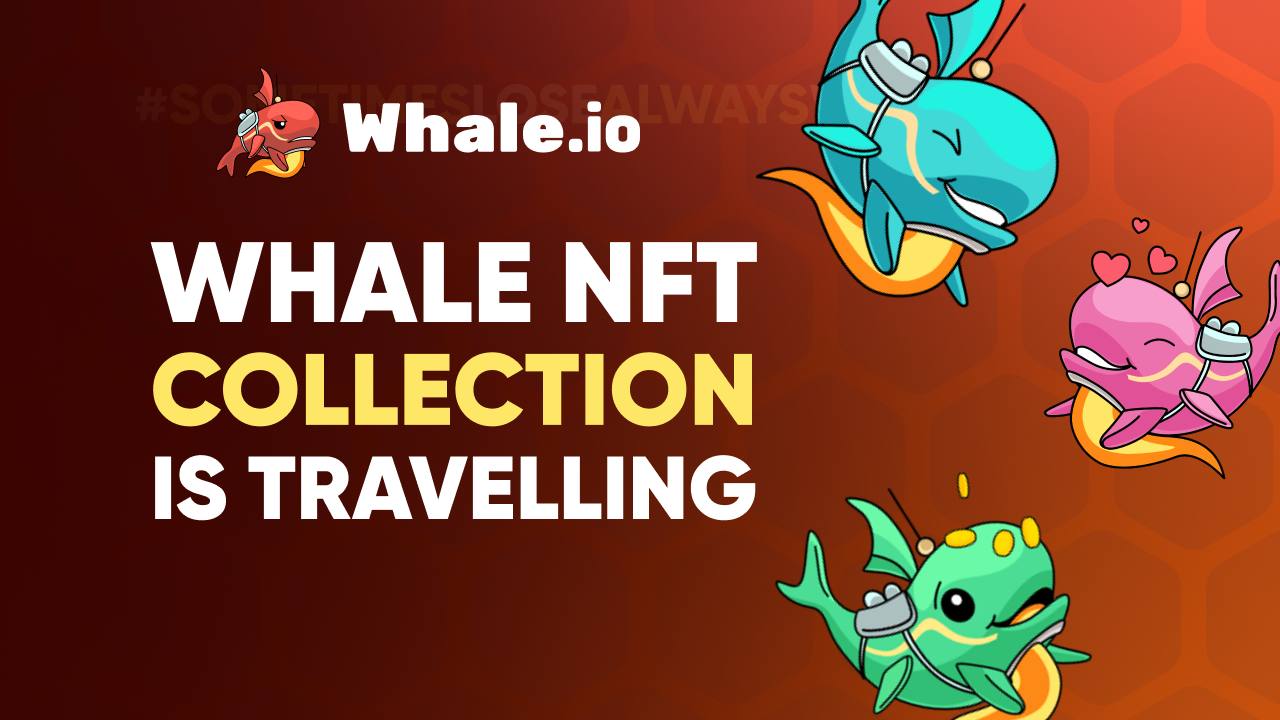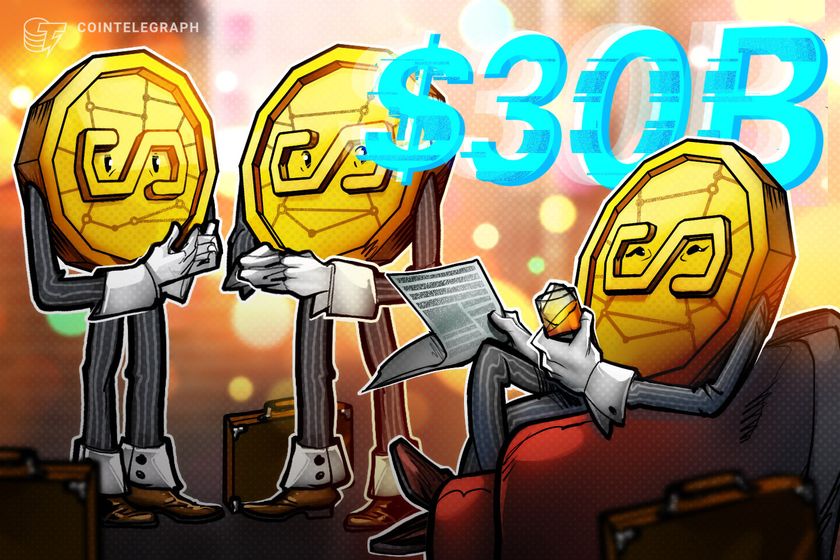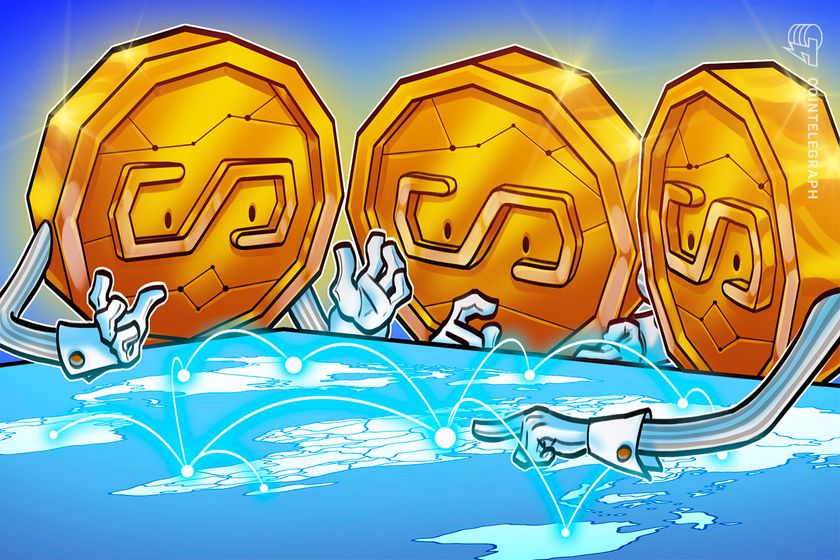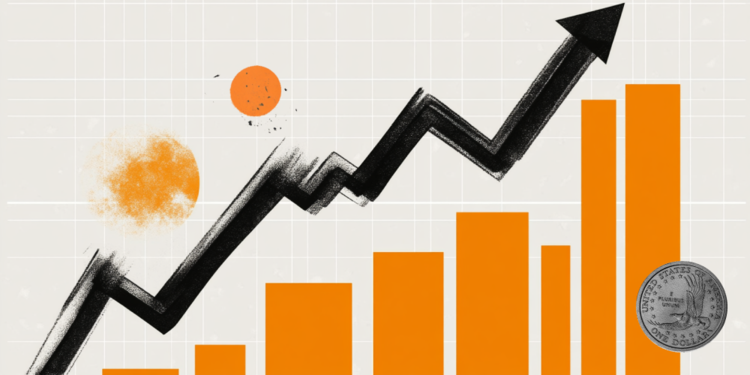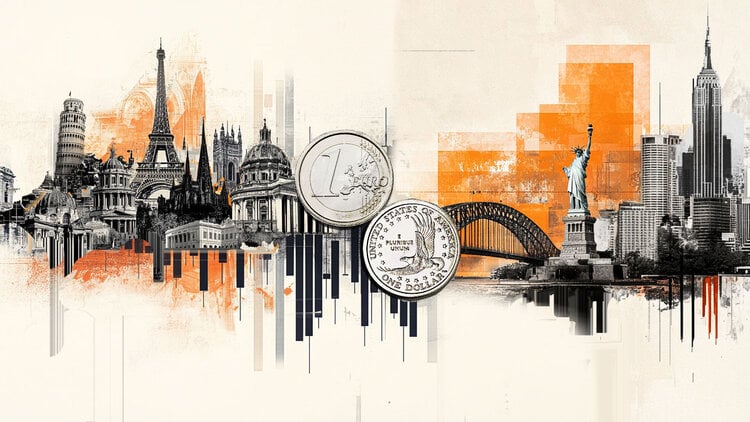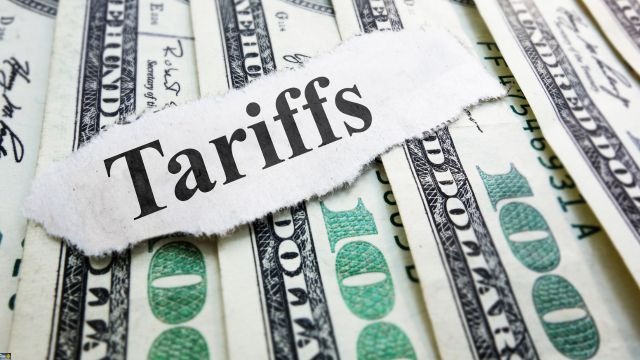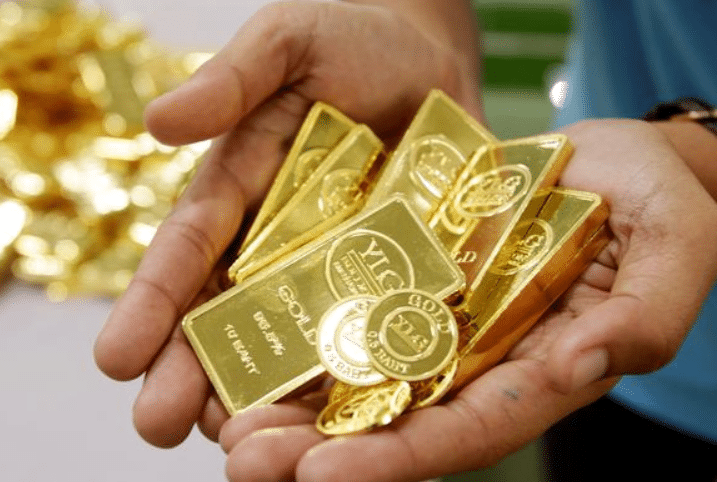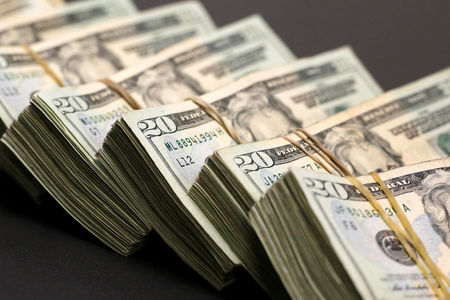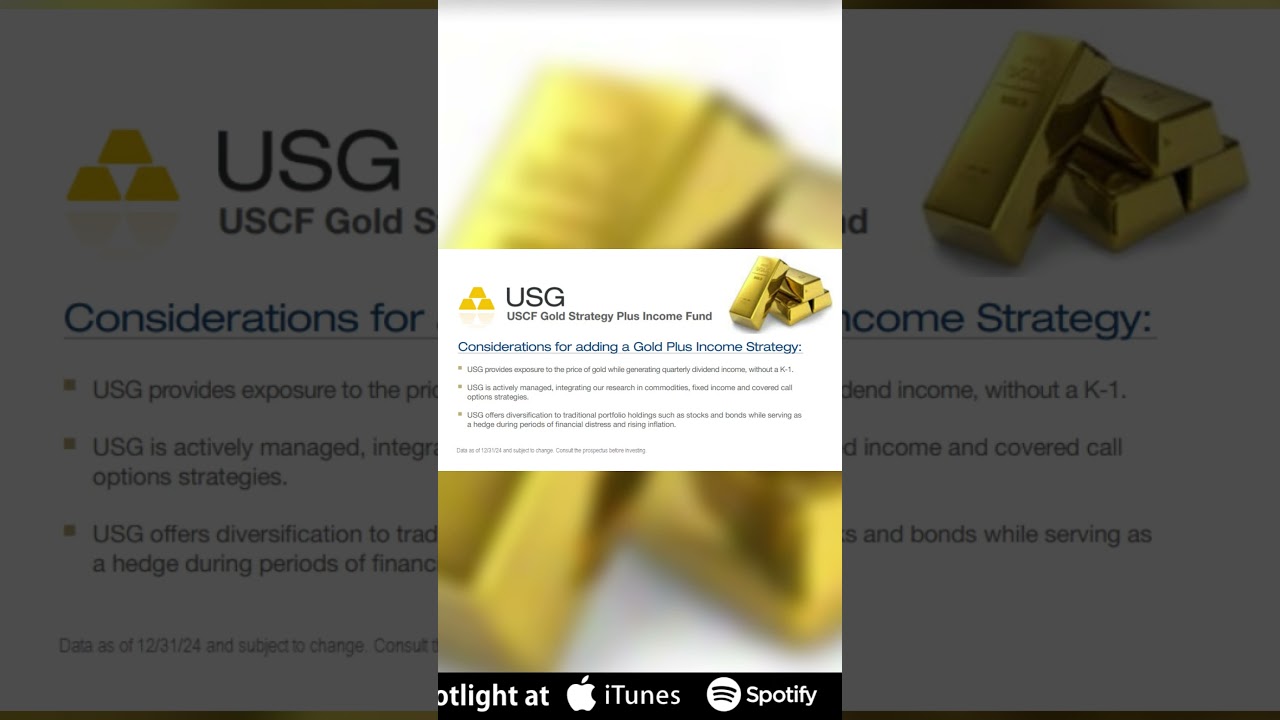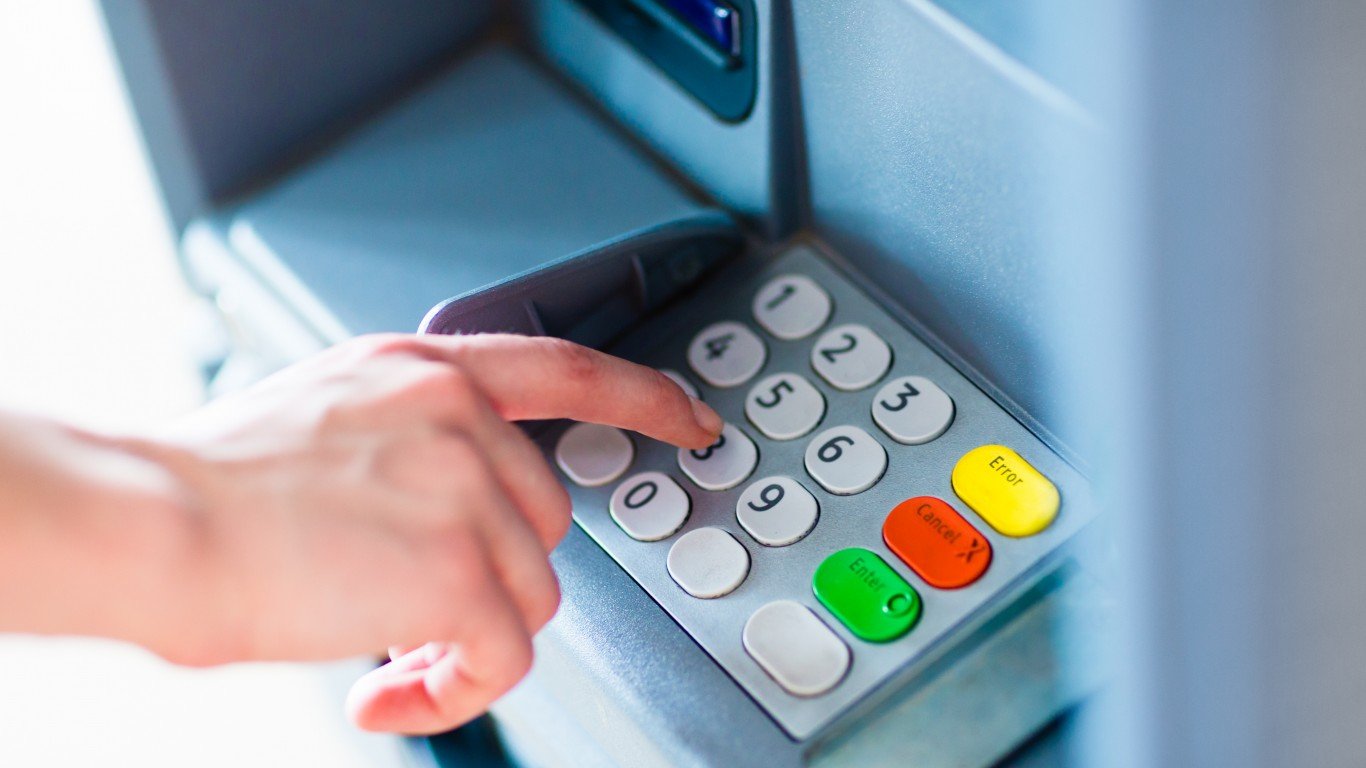The 5 ways you can prevent your credit card from getting stolen Matters More Than You Think
About This Article Don’t use a debit card to pay for anything, if possible. Be sure to monitor all of your accounts. About 56% of cardholders don’t track activity. Don’t fall for phishing or smishing scams. The right cash back credit card can earn you hundreds, or thousands of dollars a year for […] The post The 5 ways you can prevent your credit card from getting stolen Matters More Than You Think appeared first on 24/7 Wall St..

Key Points About This Article
- Don’t use a debit card to pay for anything, if possible.
- Be sure to monitor all of your accounts. About 56% of cardholders don’t track activity.
- Don’t fall for phishing or smishing scams.
- The right cash back credit card can earn you hundreds, or thousands of dollars a year for free. Our top pick pays up to 5% cash back, a $200 bonus on top, and $0 annual fee. Click here to apply now (Sponsor)
Every year, about 62 million Americans experience credit card fraud, says Security.org.
About 63% of US credit card holders have been victimized by fraud. About 51% have been victimized multiple times. Then there are the massive headaches of canceling your cards, dealing with law enforcement, if need be, and, in many cases, having to repair your credit.
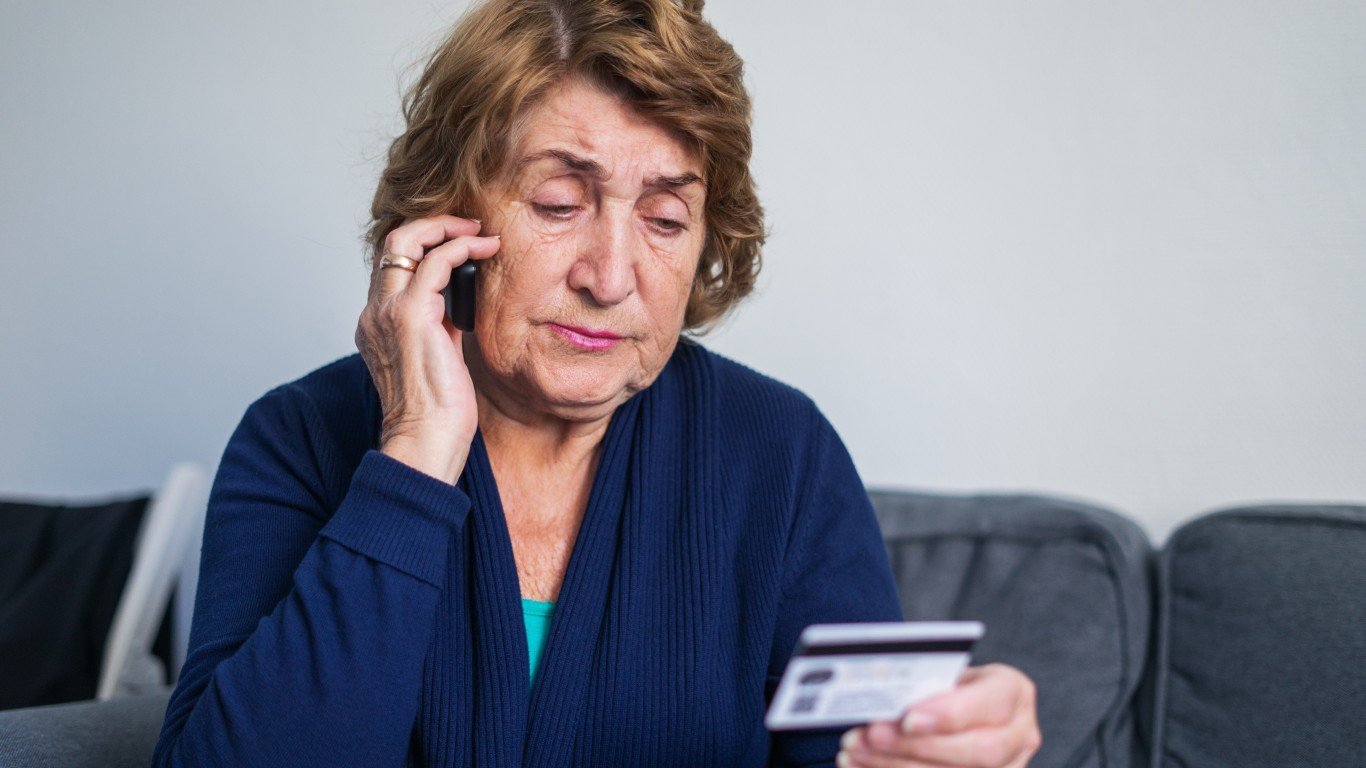
It happened to me not too long ago, as have many others, including this person who had their debit and credit card information stolen.
So, what’s the best way to prevent this from happening?
For one, don’t use a debit card to pay for anything, if possible. If someone gets a hold of this information, they can wipe out your checking account. And, if your savings are linked for overdraft protection, that can be wiped out, too.
Two, be sure to monitor all of your accounts.
At the moment, according to LendingTree, about 56% of cardholders are not actively keeping track of their credit card activity. They also found that about 55% of consumers haven’t checked their credit scores in over a month. All of which can leave them open to massive fraud.
Always check your account statements. Even if you see a transaction for $1 that you don’t recognize, dispute it. According to Equifax, “It’s common for fraud to begin with the thief making small test charges before escalating to bigger transactions.”
Three, sign up for fraud alerts.
If you can, opt-in to be notified every time a transaction is made. Helping, most credit card providers typically monitor accounts for signs of fraud for unusual patterns.
Fourth, don’t fall for phishing or smishing scams.
Smishing is a type of phishing scam that uses text messages to trick you into revealing personal information or downloading malicious software – especially those that create a sense of urgency. For example, “Your account has been suspended. Click here to resolve” or “Your package has been delayed. Click here to track.”
As also noted by Equifax, “Be wary of overly generic texts and emails, grammatical and spelling errors, and irregular domains and email addresses. If you receive a text or an email notifying you of a problem with your account, don’t click the link included in the email, as it may include malware. Instead, log directly into your account from a web browser.”
Five, avoid unsecured websites.
Most of you know there are a good deal of unsecured websites out there.
One way to make sure the site you’re using is secure and encrypted is if there’s an “https” in the URL. If that “s” isn’t there, the site could leave you vulnerable to attacks and headaches.
According to Cloudflare, “Hypertext transfer protocol secure (HTTPS) is the secure version of HTTP, which is the primary protocol used to send data between a web browser and a website. HTTPS is encrypted in order to increase security of data transfer. This is particularly important when users transmit sensitive data, such as by logging into a bank account, email service, or health insurance provider.”
The post The 5 ways you can prevent your credit card from getting stolen Matters More Than You Think appeared first on 24/7 Wall St..


